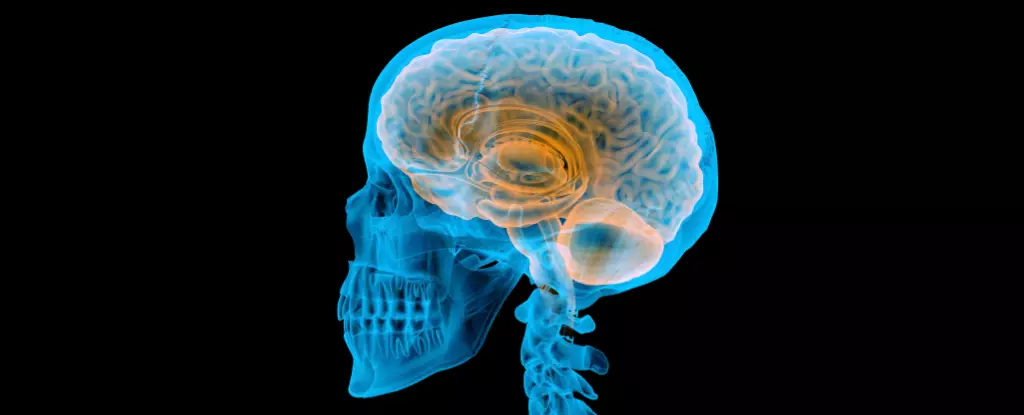The relationship between our gut health and cognitive capabilities is a fascinating topic that has garnered attention from researchers in recent years. Emerging evidence suggests that the microbial communities residing in our intestines may have played a pivotal role in the evolutionary development of human brains. Not only do these microscopic organisms contribute to our digestive processes, but they apparently prioritize energy production in ways that directly benefit brain functionality. This article explores the findings of recent studies that unveil how gut microbes might have facilitated the growth of our sizable brains and impacted our evolutionary journey.
Anthropologists and microbiologists alike are turning their attention to the human gut microbiome in understanding the energy demands of brain tissue. Katherine Amato, a researcher at Northwestern University, posits that the metabolic processes occurring in the gut could well serve as the cornerstone for the evolutionary changes responsible for enhancing our cognitive abilities. Unlike other animals, where gut bacteria focus on energy storage, human gut microbes demonstrate a distinct capability for energy generation tailored specifically to nourish the brain.
The energy-intensive nature of human brain tissue requires significant metabolic resources. To support a larger brain, our physiology would have undergone considerable modifications. This raises intriguing questions about the evolutionary pressures leading to these adaptations. What other biological and environmental factors contributed to the emergence of our brain’s sophisticated capabilities?
Investigating this connection, Amato and her colleagues conducted an experiment with ‘germ-free’ mice, introducing various gut microbiomes from primates that included humans, squirrel monkeys, and macaques. By examining how these different microbiomes influenced metabolic outcomes in mice, researchers assessed body weight, liver functionality, fat levels, and fasting glucose metrics.
Among the key findings, mice that were inoculated with the human microbiome displayed the most favorable metabolic profile, indicating a significant inclination toward blood sugar production over fat storage. In contrast, the macaque microbiomes promoted fat accumulation, supporting the notion that the composition of gut microbes significantly shapes energy allocation strategies in relation to brain size. The squirrel monkeys, while not directly related to humans, exhibited similar metabolic patterns, underscoring the shared evolutionary pressures on big-brained species.
The implications of these findings extend into the realm of evolutionary biology, challenging preconceived notions about the development of intelligence in primates. It emerges that as humans and squirrel monkeys each evolved larger brains, they experienced parallel changes in their gut microbiome. This phenomenon suggests that the microbial communities have adapted alongside host evolution, playing a crucial role in managing increased energy demands associated with brain growth.
Furthermore, this research highlights the intricate trade-offs observed between body and brain growth in mammals. Previous studies have argued that rapid physical growth may compromise brain development and vice versa. The trade-off becomes particularly evident during distinct life stages in humans, most notably between infancy and puberty, where developmental energy demands vary significantly.
The growing body of literature surrounding the gut-brain axis invites further investigation into how our microbiomes influence not only physical health but also cognitive and emotional well-being. Understanding the precise mechanisms at play could pave the way for innovative treatments aimed at enhancing brain function and addressing neurological disorders.
Future studies should aim to dissect how different microbial populations interact with host physiology, particularly in relation to mental health and cognitive performance. This could provide essential insight into the evolutionary narratives that define humankind and contribute to our unique intellectual attributes.
The intriguing link between gut microbiomes and brain development underscores the importance of these microbial inhabitants as facilitators of human evolutionary success. While much remains to be explored, the early findings make it clear that our tiny gut companions may have been instrumental in crafting our expansive cognitive horizons.


Leave a Reply